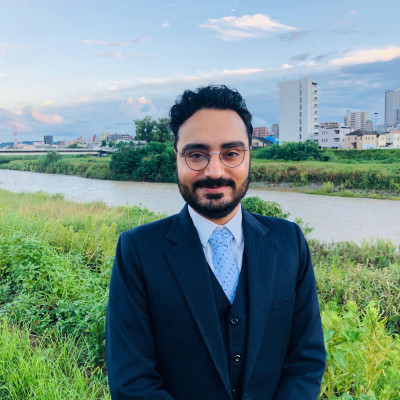Sessions /
A Duo-ethnographic Analysis of Public Speaking
#1303
Duo-ethnography is a research methodology that can be effectively used for reflective practice as it involves two or more researchers juxtaposing their lived experiences and life histories to analyze and understand a phenomenon (Norris & Sawyer, 2016). In this presentation, two English language instructors teaching at a private university in Japan analyze the use of public speaking in English language learning. According to Girard, Pinrar, and Trapp (2011), public speaking can assist ESL classrooms by increasing students’ learning motivation and prompting participation and interaction. The presentation begins with an overview of the existing literature on public speaking in the English classroom. This is followed by an introduction to duo-ethnography and an outline of the methodology used for this research. The results and findings have been categorized into three areas: the role of public speaking in the language learning journey of the researchers, the impact of their past experiences on their current teaching beliefs regarding public speaking, and classroom practices that reflect how the researchers actually focus on developing the public speaking skills of their students.

